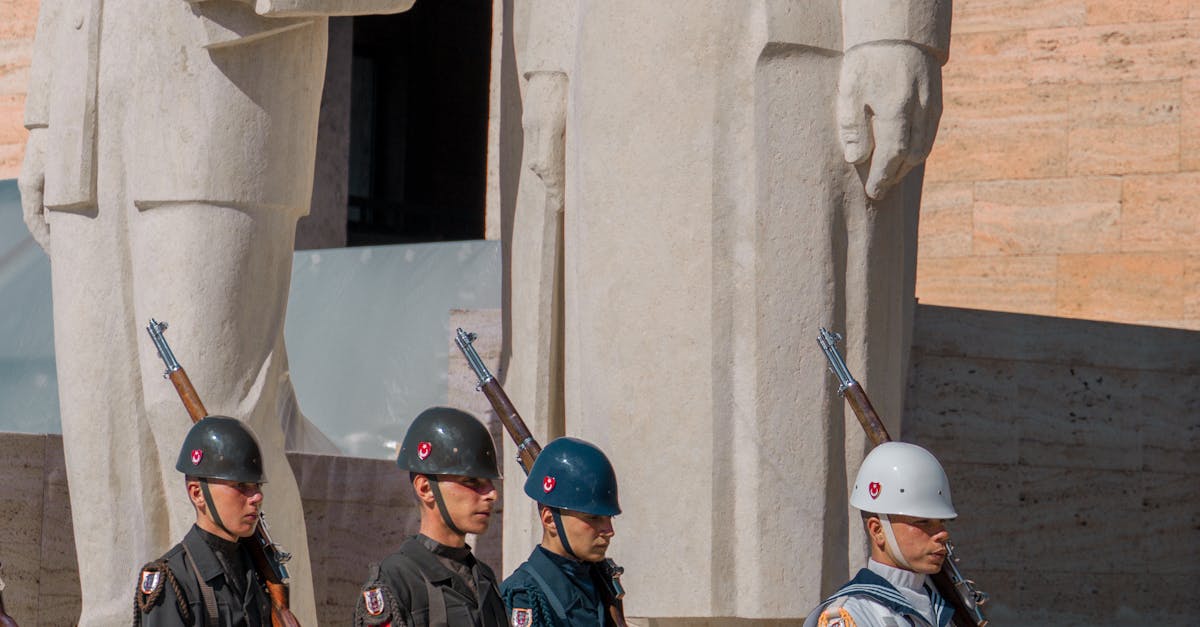
September 11, 2001, remains one of the most pivotal and tragic days in American history, marking a large-scale terrorist attack that reshaped national security and collective memory. This article explores the latest developments surrounding the 9/11 legacy, focusing on ongoing commemorations, the long-term impact on first responders and victims, and the continued importance of remembrance and service.
Commemorations and Memorials Today
Each year, as the anniversary of 9/11 approaches, communities across the United States and the world engage in solemn reflection and remembrance ceremonies. The National September 11 Memorial & Museum holds a central role with its annual ceremony featuring an in-person reading of the victims’ names by family members and moments of silence corresponding to the key times when the attacks occurred. These official memorial events serve as a poignant reminder of the lives lost at the World Trade Center, the Pentagon, and in Pennsylvania, ensuring their stories remain vivid for future generations.
Recent anniversaries have attracted increasing attention to the personal toll on first responders, especially firefighters. The FDNY lost 343 members on that day, and the number continues to grow as many have died over the years from illnesses related to toxic exposures during rescue efforts. The growing death toll among these heroes highlights the enduring physical consequences of 9/11, underscoring the need for ongoing support and benefits for affected families and survivors.
Ongoing Impact and Legacy on Society
The repercussions of 9/11 extend beyond memorial ceremonies and health impacts. The attacks profoundly transformed American society, security protocols, and government policies. Enhanced airport security, the creation of the Department of Homeland Security, and revised counterterrorism strategies reflect a nation recalibrating its approach to safety in an increasingly complex global environment.
Moreover, 9/11 has shaped public attitudes toward national security and civil liberties, fueling debates on how to balance freedom with protection. The event altered the American psyche, embedding a new awareness of vulnerability and the reality of global terrorism. Educators and leaders frequently describe 9/11 as a watershed moment that redefined U.S. priorities and governance.
In addition to heightened security measures, the emotional and social fabric of the country continues to show traces of 9/11. Survivors, families of the victims, and responders carry lifelong scars, with many advocating for continued research, healthcare, and acknowledgment of sacrifices made during and after the tragedy.
Conclusion
The legacy of September 11 persists deeply in the collective memory and societal structures of the United States. Annual commemorations honor those who lost their lives while ongoing exploration of the long-term effects on first responders reminds us of the continuing human cost. The event’s aftermath fundamentally altered national security, government policy, and public consciousness, embedding 9/11 as a defining moment of early 21st-century America. As we remember, it is essential to reflect both on the sacrifices made and the lessons learned, ensuring that the resilience and bravery demonstrated continue to inspire future generations.